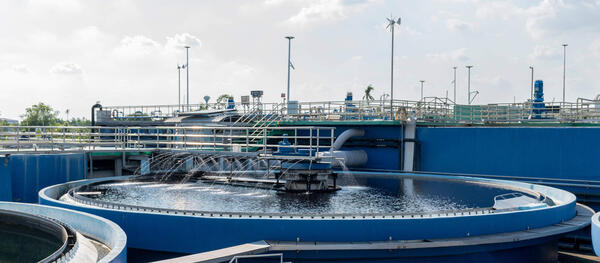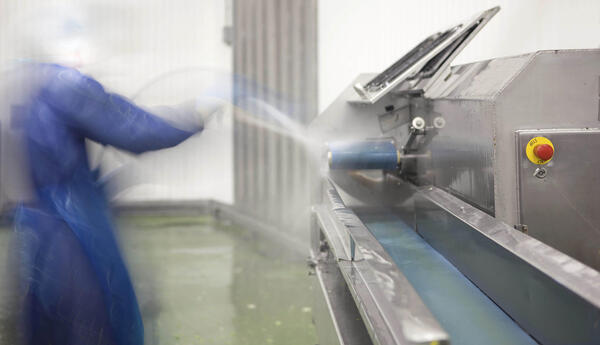
Critical ambient conditions
Many industrial branches face the challenges of damp and wet on a daily basis. Machines in the food industry, for example, are cleaned with high pressure cleaners every few hours. In shipping applications, any switching devices used are exposed to the salty sea air, as is also the case in the conveyor systems found in ports.
In other application fields, it is dusty environments which are the challenge. Machines, plants and conveyors in the bulk goods industry have to contend with very fine sugar, flour or stone dust on a daily basis.
In order to protect all electromechanical and electronic parts from such influences, IP protection classes in accordance with EN 60529 have been defined.
steute expertise
steute develops and produces top-quality switches and sensors with high IP protection for many different fields. Decades of experience in offshore applications, specialist expertise, the realisation of numerous customer projects, as well as the testing of our products in real-life conditions have all enabled us to become true experts for IP protection. Our product range includes position switches, foot switches, emergency pull-wire switches and safety sensors with varying IP classes.
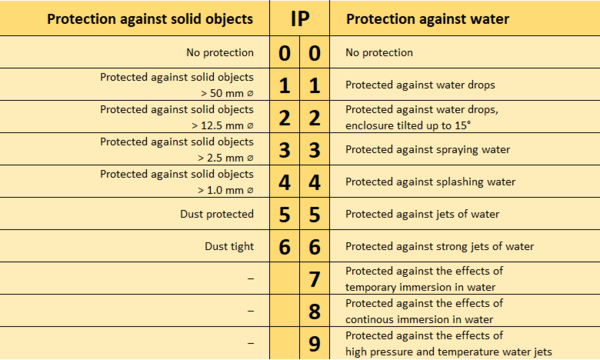
IP protection classes
IP protection classes usually contain two numbers. The first number defines the level of solid particle protection, i.e. protection against ingress of foreign particles such as sand, dust or powder. The second number defines the level of liquid ingress protection. As a general rule: the higher the number, the better the level of protection.
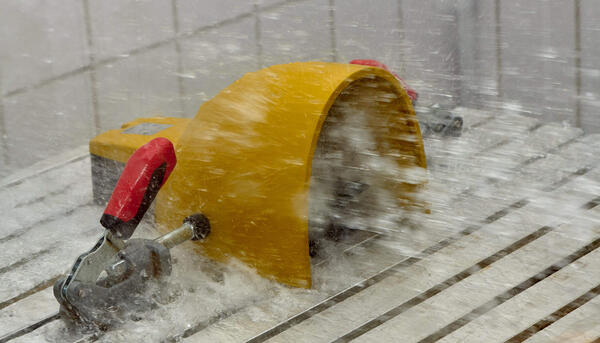
Testing liquid ingress protection
Protection class IPX6 to IEC/EN 60529
Many of the steute switches and sensors already have protection classes IP65 and IP67 to IEC/EN 60529. Beyond this level, our range also includes products which meet even higher demands regarding ingress protection from damp and wet. This includes protection class IPX6, which is designed especially for the requirements of maritime applications. In order to test liquid ingress protection, our switching devices are exposed to strong water jets. The water hits the product in question at 100 l per minute from a distance of 2.5 to 3.0 m. The nozzle diameter is 12.5 mm, and the test duration is 1 min./m2 device surface, but at least 3 minutes.
Protection class IPX9
The test conditions for protection class IPX9 are a hot water jet hitting the switching device from different directions at a temperature of approx. 80 °C and a pressure of 100 bar. This guarantees that the device is able to withstand high-pressure cleaner jets without losing its function.
Products which are protected to IPX9 are suitable for use in e.g. the hygiene-sensitive food industry, where cleaning is performed using high-pressure jets and steam.
Protection classes IPX7 / IPX8
Protection class IPX7 defines liquid ingress protection when a product is fully submerged in water at a depth of 1 metre for 30 minutes.
All switches and sensors which are tested in identical conditions, but for longer than 30 minutes, are awarded protection class IPX8.
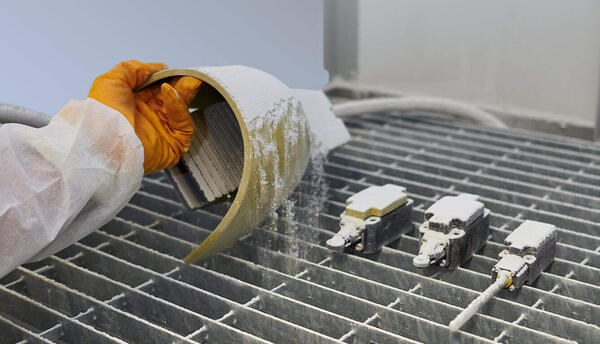
Testing solid particle protection
Protection class IP5X / IP6X to IEC/EN 60259
In order to gear our steute switches and sensors perfectly to the special requirements of the bulk goods industry, they are tested in our in-house laboratories. In order to simulate the relevant ambient conditions and to perform all tests according to the relevant standards, a dust chamber is used. The IP protection classes define prevention of contact with active parts, e.g. electrical conductors, as well as the ingress of particles such as dust. Products used in the bulk goods industry require protection class IP6X.
The product to be tested is placed in the test chamber and the pressure inside the enclosure maintained below the ambient atmospheric pressure by a vacuum pump. The goal is to suck an amount of air into the enclosure which is 80 times the volume of the enclosure. In the meantime, a rotating device disperses talcum powder inside the test chamber. The test specimen is connected to the internal vacuum pump of the dust chamber by means of a cable entry. The vacuum pump is set to reach a negative pressure of approx. 20 mbar.
Our solutions – tried and tested
Products and solutions from steute are a popular choice in industrial applications involving damp and wet on a daily basis. Our switches and sensors are available in many different IP protection classes and can be found in e.g. shipbuilding, port technology or the food industry.
Decades of experience in offshore applications, successful customer projects, as well as the continual development of new products and solutions with high protection classes have enabled us to become the correct choice for reliable IP protection in industry.
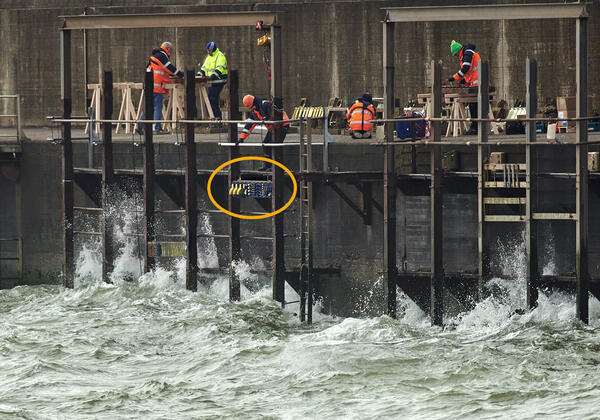
Field tests on the island of Helgoland
In order to guarantee the reliability and functionality of our switches and sensors, some of our industrial components are tested in real-life conditions. On the North Sea island of Helgoland, steute products are exposed to maritime conditions, such as tides, saltwater, sunshine and storms, for at least a year at a time.





























